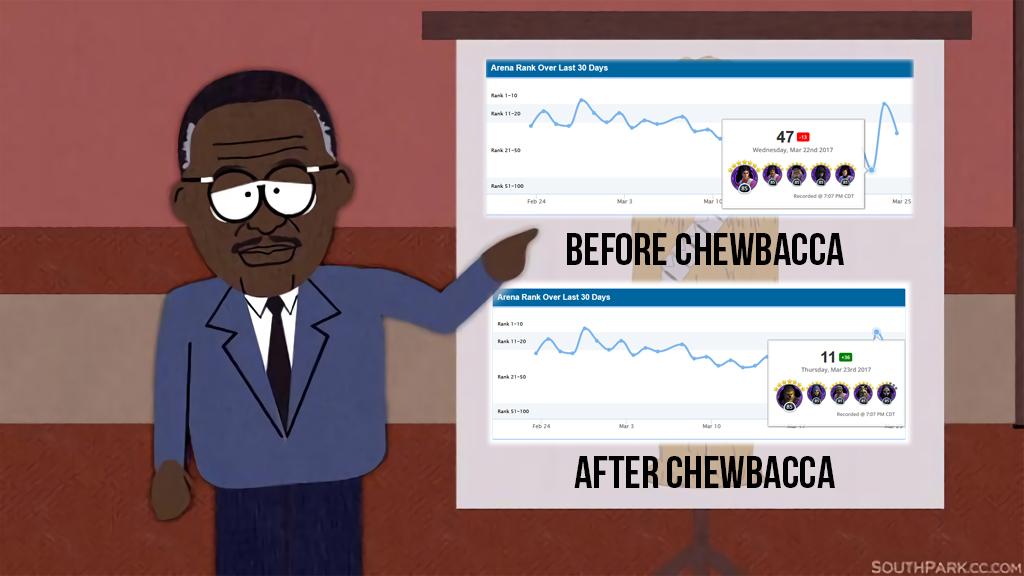You were a fan of the video game grand theft auto, and now you wonder what would happen if you played in real life. How much jail or prison time would you serve for stealing a car if caught and convicted?
The answer will depend on numerous considerations, such as where the crime takes place, the value of the car, how the theft occurs, whether you have a prior criminal record, and other factors. So let’s take a look at some key terms and state laws to see what’s involved in possible punishments.
Jail or Prison?
Before we get started on punishments for stealing, let’s cover some criminal law basics that must be established to have a meaningful discussion. Misdemeanor crimes are subject to jail time, usually meaning local county incarceration for up to a year. Felonies are generally punishable by a year or more in prison (up to life) and convictions result in incarceration in state institutions.
Whether you go to jail or prison for stealing a car will depend on where the crime happens, whether you have a record of theft or other crimes, and how the theft is charged. In most states grand theft auto is a felony punishable with prison time, rather than jail.
Wobbly California
Some people call stealing a car a “wobbly” crime in California, and the reason is that this is a rare state where auto theft can be classified as either a misdemeanor or a felony. Theft of property valued over $950 is classified as a felony in California but even theft of a very cheap car can be charged as a felony according to the statute. Still, prosecutors do have the option of charging some car thefts as petty crimes.
Grand Larceny in NYC
In New York, meanwhile, any vehicle theft will be charged as grand larceny, which is a felony. Even a car only worth $100 will qualify as a grand larceny in the fourth degree, punishable with prison time. The precise amount of time in prison will vary again depending on the defendant’s record, with New York Judges provided leeway to sentence a class E felony conviction for someone who is not a repeat offender with even less than a year in prison.
No Typical Charge
The reason that states give judges leeway on punishments and there are so many factors at play is because punishments should to some degree at least fit both the crime and the criminal. Most states have sentencing multipliers, which means that if you have a habit of stealing cars, the punishment will get worse and worse. But if you only do it once, a judge can give you a break within the limits determined by state law.










